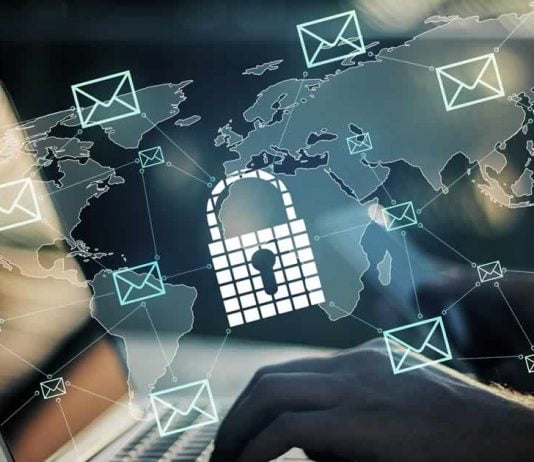As time passes, technological advancements have made it possible for business owners to create and manage their websites.
However, operating a website comes with a set of challenges. When clients transact on your website using their credit cards and other vital information, it’s imperative to ensure their information’s safety. But, how do you ascertain your website’s security? Here are some of the cybersecurity essentials:
Contents
Conduct a security risk assessment
Nowadays, you might have heard of plenty of news about security breaches and website hacking. It’s incredibly stressful to know that your data might have been compromised. No one wants that to happen to their website. A thorough cybersecurity risk assessment is needed to prevent such from happening.
First, you can enlist the help of cybersecurity service providers that follow the National Institute of Standards and Technology (NIST). NIST has established parameters for ensuring overall website safety. One of the protocols they’ve instituted is NIST SP 800-53, which provides guidelines for conducting risk assessments.
But, why do you need a NIST risk assessment on your website? Some security evaluations are legally required, mainly when that industry handles sensitive information. To others, it’s primarily to pinpoint vulnerabilities and keep their system safe.
What this service does is identify potential threats to the network. The review and evaluation are done to determine the potential risks presented by your organization’s resources, including your people, your technology, web and mobile applications, and their existing networks.
Ensure updated software and plug-ins
Hackers and bots alike continuously scan for vulnerable networks to attack. As a result, an increasing number of websites gets compromised every day.
One particular cause of vulnerability of these online sites is the utilization of outdated software and plug-ins. Updates need to happen constantly because they often include security enhancements that patch out existing vulnerabilities. The longer you delay updates, the more vulnerable your website becomes to threats and attacks.
Opt for a secure, unique password
A crucial mistake people usually make is that they tend to use a similar password across multiple platforms. It’s a big no-no because hackers can use it to access the websites with your credentials once they obtain your information. It’s worrisome to think about such vulnerabilities.
Strengthening cybersecurity measures should include a set of unique passwords for every log-in request. Think about a highly complicated set of characters—a combination of numbers, letters, and symbols—that no one may come to think. Store this information outside the website database for safekeeping.
You can also choose to change your password regularly. This strategy will further increase your website’s security level and lessen your online assets’ chances of getting hacked.
Monitor user access and privileges
As your business grows, more and more tasks need to be done, including managing your website. Sometimes, you can’t do this constantly, so you authorize your high-level employees to do them for you. However, a cybersecurity statistic points out that 75% of individuals lack confidence in their company’s cybersecurity.
To ensure that a lapse in security is prevented, educate your employees about the importance of proper website access and its safety protocols. They must understand and implement what’s correct because they risk exposing sensitive information. Monitor every login request and put it into the record.
Implement a backup solution
Another crucial thing to do when you handle a website is to implement a backup solution. Backups are intended for data recovery when unfortunate occurrences happen, such as lost files and data corruption.
To keep these backup files safe, don’t store the same information on the same server. Chances are these pieces of information might become vulnerable should an attack happen to the server.
You can store the information in a hard drive or on cloud storage that will allow easy access should you need it. Furthermore, ensure that your valuable data is safe from hardware failures, viruses, and malware.
Conclusion
Businesses nowadays need a website to extend their products and services to a broader range of customers. However, having a website isn’t an easy task. One of its primary concerns is its cybersecurity. It would be best if you can 100% guarantee that you and your clients are safe, primarily when dealing with private information.
Appropriately set up a cybersecurity risk management plan. Furthermore, ensure that you’ve complied with existing cybersecurity guidelines and protocols on how to keep your website safe. It’s all worth the risk.


